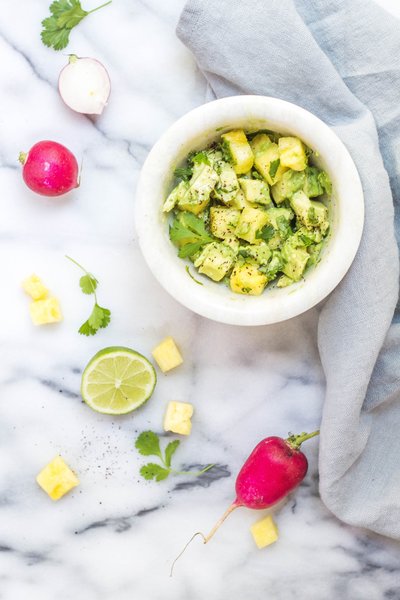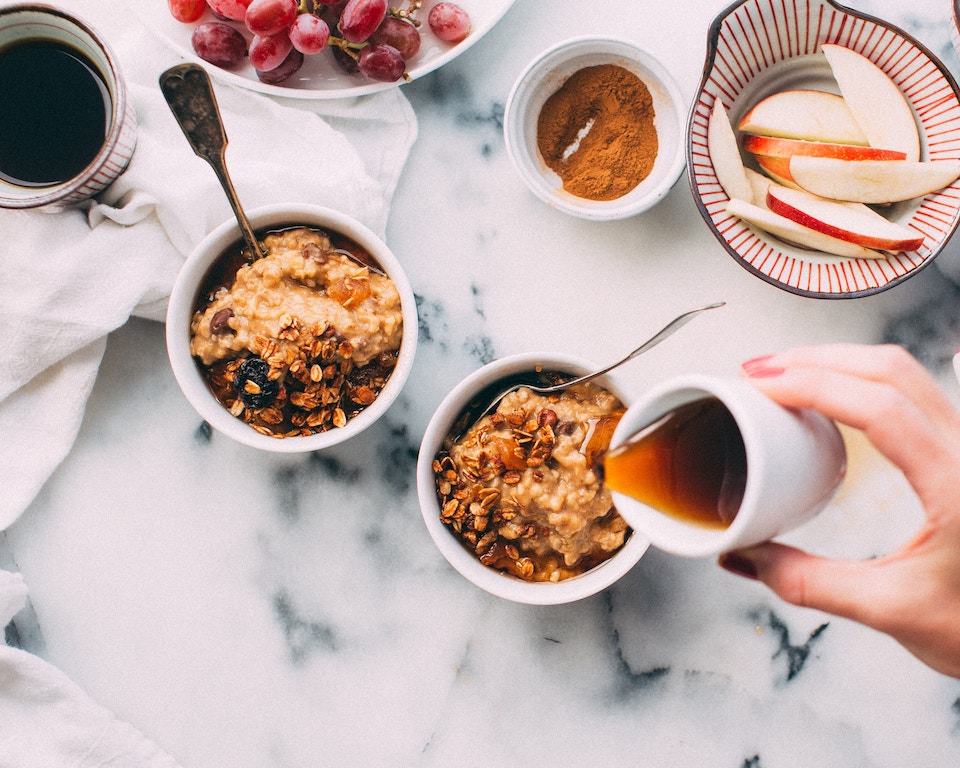Breast cancer remains the most frequently encountered malignancy in women and still one of the leading causes of cancer-related mortality worldwide. Although a number of risk factors for breast cancer are non-modifiable, such as genetic mutations and onset of menstruation, there are lifestyle changes you can make to decrease your probability of acquiring this disease. Diet is one of them.
Dietary Risk Factors
Studies have suggested that a person’s food intake may actually be responsible for the development of certain types of breast cancer. Several researches and meta-analyses have pointed to alcohol as a risk factor in breast cancer. A review performed in 2013 revealed that alcohol consumption caused approximately 5,000 cases of breast cancer every year. The higher risk was attributed to the increase in estrogen levels caused by alcohol intake.
Meat intake may also play a role in breast cancer development. Researches in the early 2000s were inconclusive, showing no clear association between meat consumption and breast cancer development. A 2014 study conducted at the Harvard School of Public Health, however, revealed that women who had more than one serving of red meat a day during their adolescent period and early adulthood had a 22 percent higher risk of developing breast cancer, compared to those who ate one serving a week.
This study was performed on more than 80,000 women. Compared with earlier studies, this research looked into the effects of diet at an earlier age, at the time when the mammary glands are more vulnerable when exposed to cancer-causing substances.
Another study conducted in Spain in 2014 showed that a Western diet, composed mainly of processed meat and high-fat dairy products, was associated with a higher risk of breast cancer compared with a Mediterranean diet composed mainly of fruit, vegetables, and fish.

Better Food Choices
Given these information, experts have suggested several dietary modifications for individuals aiming to decrease their risk for breast cancer. The primary recommendation is to decrease alcoholic intake, especially among young women. Another recommendation is to decrease the consumption of red meat, and replace it with fish and poultry products.
Doing this early on in a woman’s life may reduce the risk of breast cancer by as much as 17 percent. Increasing one’s intake of fruits and vegetables is also associated with risk reduction, especially the estrogen receptor negative type. Soy products have also been linked to decreased risk of breast cancer, especially among Asian women. The risk is reduced by 40 percent in premenopausal women, and the probability of recurrence is decreased by as much as 30 percent. Higher fiber and calcium intake has also been shown to provide some benefit.
Although the specific effects of diet on the development of breast cancer remain to be a subject of debate, there appears to be no harm in making these dietary changes. In fact, these may actually decrease the risk of other conditions such as cardiovascular diseases and colorectal malignancies. Even if you are not decreasing your risk for breast cancer, you’re still improving your overall health by avoiding certain products and eating the proper food.
Header photo courtesy of Jennifer Pallian from Unsplash
This story originally appeared on Multisport.ph
Get more stories like this by subscribing to our weekly newsletter here.
Read more:
How 3D nipple tattoos help breast cancer patients recover
Products to avoid in your own home
Food stress could be the reason behind your weight gain
Writer: SABRINA GONZALES




